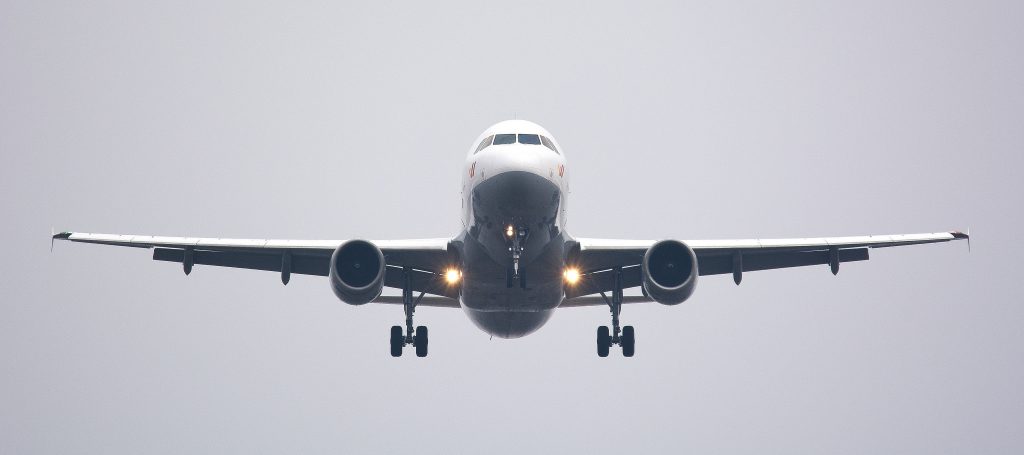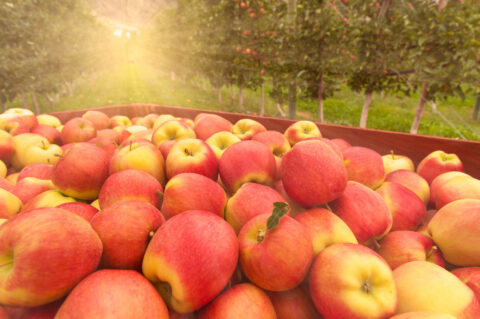Sunday Times Green
A Call To Prioritise Biofuels For Aviation In SSA
The World Wide Fund for Nature (WWF) report, titled Taking off: Understanding the sustainable aviation biofuel potential in sub-Saharan Africa, looks into the current and future potential of biofuel feedstock production in sub-Saharan Africa using the strict sustainability criteria of the Roundtable on Sustainable Biomaterials (RSB) standard.
These criteria exclude any crops and biomass residue which would result in negative environmental and social impacts, such as food insecurity, unsustainable use of scarce resources like water, land, the destruction of biodiversity and insufficient reduction of greenhouse gases.
Among the key findings are:
- Sub-Saharan Africa could at best contribute between 30% and 90% of long-term alternative aviation fuel demand in the form of RSB-compliant aviation biofuel produced from energy crops on about 84-million hectares of prime and good quality land and another 157-million hectares of moderately suitable land.
- This assumption holds that all energy crops on suitable land in sub-Saharan Africa would be reserved for the exclusive production of biofuels for aviation.
- The highest greenhouse gas (GHG) savings are typically achieved by perennial crops. To incentivise farmers to invest in the cultivation of such crops, the aviation industry and fuel suppliers should sign long-term off-take agreements to mitigate the risks related to their production.
- Annual energy crops could be planted on degraded land (such as the rehabilitation of mining land) and could replace other industrial crops in decline. An example would be replacing tobacco crops for the cigarette industry with Solaris tobacco which is a tested feedstock for biofuel.
- Because shipping feedstock long distances could reduce the GHG savings, the finished product should ideally be processed locally to develop a local biofuel value chain and industry.
“Ambitious targets are being set for biofuels around the world, both for land transportation and aviation, without a good understanding of how much we can produce sustainably,” said WWF’s Bioenergy programme manager, Tjasa Bole-Rentel. However, “such estimates are not possible without looking at the bigger picture of land availability and its agro-ecologic suitability for the production of energy crops in the context of all competing land uses for food, feed and nature conservation. This study sheds some light on what is realistically possible in terms of biofuel production in sub-Saharan Africa without compromising the region’s food security or critical ecosystems, so that we can set realistic targets and provide the right incentives to maximise the opportunities and minimise the risks of large-scale biofuel production”, emphasised Bole-Rentel.
Rolf Hogan, executive director of Roundtable on Sustainable Biomaterials commented that the report “proves that sub-Saharan Africa can play a major role in decarbonising the aviation sector, and that this can be done really sustainably and without impacting food security, land rights, water rights, conservation areas and more. There is a huge opportunity for responsible and sustainable economic growth on the African continent to support the long-term viability of the global aviation industry. It shows that the potential is there in Africa and, with the right investments and incentives, that potential can become a game-changing reality.”






 Sign-up and receive the Business Media MAGS newsletter OR SA Mining newsletter straight to your inbox.
Sign-up and receive the Business Media MAGS newsletter OR SA Mining newsletter straight to your inbox.